
“It was important for us to see Deus Ex: Human Revolution as a new IP. We wanted to re-imagine this world.”
Director Jean-Francois Dugas and Producer David Anfossi are unabashed fans of Deus Ex, the cyberpunk RPG-shooter hybrid that graced the PS2 in 2002 and won more than its fair share of Game of the Year awards. But when the pair signed on with Eidos Montreal to produce a new entry in the critically acclaimed series, they opted to introduce a new story set fifteen years before the first game. “When you look at the endings of the other Deus Ex games, the future is looking pretty grim,” Director Dugas notes with a chuckle.
Deus Ex: Human Revolution depicts 2027 as a world rocked by unbridled technological advancement. Shadowy cabals and monolithic corporations rule from above with. You play as Adam Jensen, a security expert who becomes an unwilling recipient of cybernetic augmentation following a savage attack in the opening minutes of the game. Jensen is a reluctant hero, only plunging into the game’s seedy underbelly after armed thugs abduct his ex-girlfriend — a scientist holding a revolutionary genetic breakthrough.
In developing Deus Ex: Human Revolution, Dugas and Anfossi carefully analyzed the strengths and weaknesses of the franchise. The atmosphere, story, characters, and RPG elements were mesmerizing; the action was merely tolerable. “The shooting was flawed because it was heavily stat-based,” Dugas observes. “Your aim could be super precise, but the game artificially penalized you, which made for a clumsy combat experience.” For Human Revolution, Dugas and Anfossi streamlined the shooting and incorporated a visceral new tactical punch: You need to consider your weapon choices carefully, use cover effectively, and prioritize enemies based on their location. The result is a sleek, muscular stealth-action game that combines the original game’s sympathetic characters and intellectual themes with the kind of fearsome combat sequences you might expect from a Metal Gear Solid 4 or a Rainbow Six: Vegas.
Except that that protagonist Adam Jensen is capable of superhuman feats far beyond those of mere mortals. He can effortlessly eviscerate foes with retractable blades that sprout from his arms, carry and hurl massive objects with bone-crushing force, or release a 360-degree fan of cluster bombs to frag any fool who dares get close. With his security background, Jensen’s also a crack shot with firearms, all of which can be upgraded with enhanced ammunition, mods and more. The weapons run the gamut from low-tech to high-tech, lethal to non-lethal. We’re talking stealthy tranquilizer rifles, punchy 10mm handguns, devastating double-barreled shotguns, grenade launchers, the works.
But depending on your interpretation of Jensen, all that fancy firepower may be overkill. Sometimes all you need is a little stealth, a silver tongue, and the right social augmentations. “You can play the entire game without killing anyone, save for the boss fights,” Dugas confirms. “It makes for a more challenging experience, but it’s very rewarding.” Anfossi agrees: “We want players to create a personalized version of Jensen and decide his approach. Some players will think, ‘This guy wouldn’t kill these people.’” Whatever your approach — lethal or nonlethal, aggression or stealth — the game meticulously tracks your tactics and dishes out consequences accordingly. And you can be certain of one thing: there will be consequences.
“I’m most excited for players to simply absorb this world. It’s like reading a great graphic novel, a page-turner,” Dugas concludes. “It’s going to be the first game for Eidos Montreal,” Anfossi adds. “We want it to be perfect.” Concerned that you need to play the original games before delving into Human Revolution? Don’t be. “The hardcore fans are going to make the connections once they analyze the game,” Dugas clarified. “The new fans won’t feel left behind, though. This game stands on its own.”
Eidos Montreal is very confident in the PS3 version. “Since the beginning, it was very important for us to not treat the PS3 version as a ‘port’ — you can trust us on that,” Producer Anfossi said. “We’ve worked that way in the past with other games, and it was crazy.” One example is the way the studio focused on tuning the PS3 version to the nuances of the DualShock 3 controller. “The analog sticks and buttons are different, and we tweaked them independently to ensure that everything is tight,” Anfossi said. “We get the best out of the controller based on its own strengths.”
Deus Ex: Human Revolution was a way for Eidos Montreal to lure top talent. “When we started Eidos Montreal, we had to build technology and hire a team,” Producer David Anfossi said. “Montreal has a lot of different game studios and a lot of talented people, but it’s very competitive.” To ensure that the fledgling studio would attract the sharpest minds possible, Anfossi’s team examined the Eidos IP portfolio carefully before greenlighting its first game. “We saw Deus Ex and we thought, “Nice!” We knew that would attract very, very talented people.” Director Jean-Francois Dugas agreed. “It was a good strategy because when they approached me about Deus Ex, my eyes opened.”
The art direction was inspired by the Renaissance. “We knew that transhumanism would be one of the main themes, so we started to dig for artistic connections,” Director Dugas explained. “Leonardo Da Vinci kept coming up.” It didn’t take long to find a connection between the massive cultural and intellectual upheaval of the Renaissance and the dawn of transhumanism in Deus Ex: Human Revolution. “During the Renaissance, humanity started to understand our nature from the inside-out as opposed to looking up at the sky and hoping for the best. We started to improve our bodies and heal ourselves more efficiently.”
Enter transhumanism, with its emphasis on surpassing human limitations by blending flesh with cutting-edge technology. “The Renaissance was a big stepping stone in our evolution,” Dugas said, “and we saw transhumanism as being the next step.” The team began integrating the architecture and visual touchstones of the Renaissance into the game, but in ways that supported the story. “The characters that have more Renaissance-inspired clothing — the collars, the patterns on the shoulders — tend to be on the pro-transhumanism side. The more conservative characters who are opposed to transhumanism wear clothing inspired by the look of Middle Age peasants.”
The rich black-and-gold color scheme is also a nod to the Renaissance, a time period when candlelight bathed rooms in golden hues. “The gold also represents the Icarus myth, getting closer to the sun. The black represents falling into the sea, people working in the shadows, the dystopian future, and conspiracies. We touch on the benefits of transhumanism, but also the potential dangers.”
The soundtrack was inspired by John Carpenter, Blade Runner, and the original Deus Ex. Lead Audio Designer Steve Szczepkowski drew soundtrack inspiration from the usual suspects, cyberpunk classics such as Blade Runner and The Matrix. “But I also went back to some favorites like Escape from New York. I really like John Carpenter films for that, always very moody without being busy.” Die-hard Deus Ex fans will also be happy to learn that the theme from the original game will be making a comeback of sorts. “I can confirm that the original theme is in the game, in all its glory,” Szczepkowski said, “just perhaps not where you may expect it.” As with the game’s artistic direction, Composer Michael McCann’s synthesizer-heavy score highlights the underlying tension in the game’s world. “Thematically, we used synthesizers versus organic instruments and played with that as a representation of the augmentation debate — pro and con,” Szczepkowski explained. “Synths are a lot of fun in that they can do so much. They can sound clean and airy or dirty and mechanical…we support the humanism side with natural instruments such as choir vocals, strings and so on.”
Conspiracy theories will abound.The original Deus Ex was a product of pre-millennial paranoia, with locations such as Area 51 and characters based on The Illuminati and the Knights Templar. Deus Ex: Human Revolution will follow suit, though the details remain appropriately murky. “It’s a fictional world, it’s a fictional conspiracy, but it’s infused with real issues to discover,” Dugas hinted tenatively. “I don’t want to go into details, but you’ll recognize things from the real world as well as fantasy elements. You might go to places that don’t exist, necessarily…but that some people believe exist.”



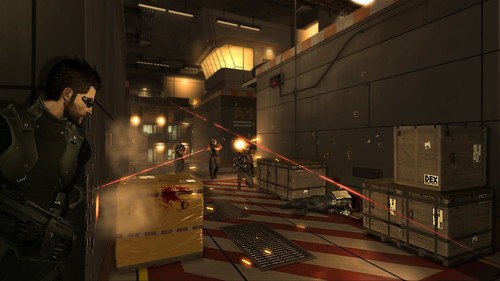
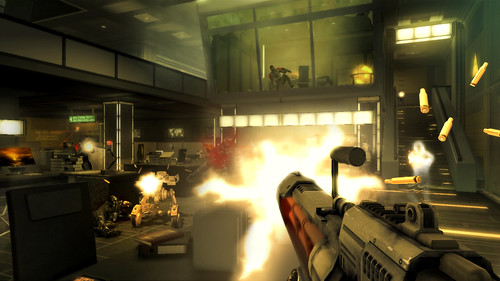
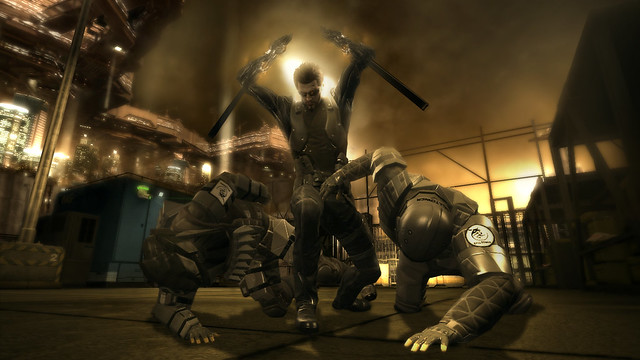
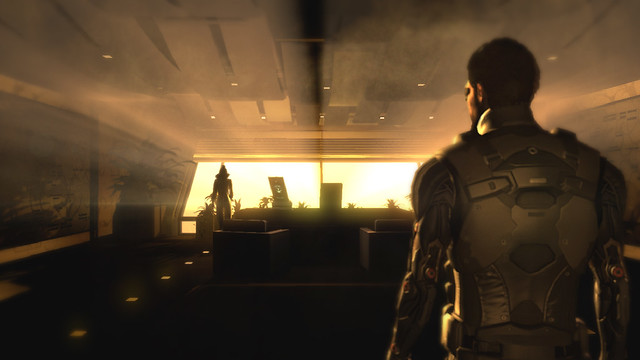


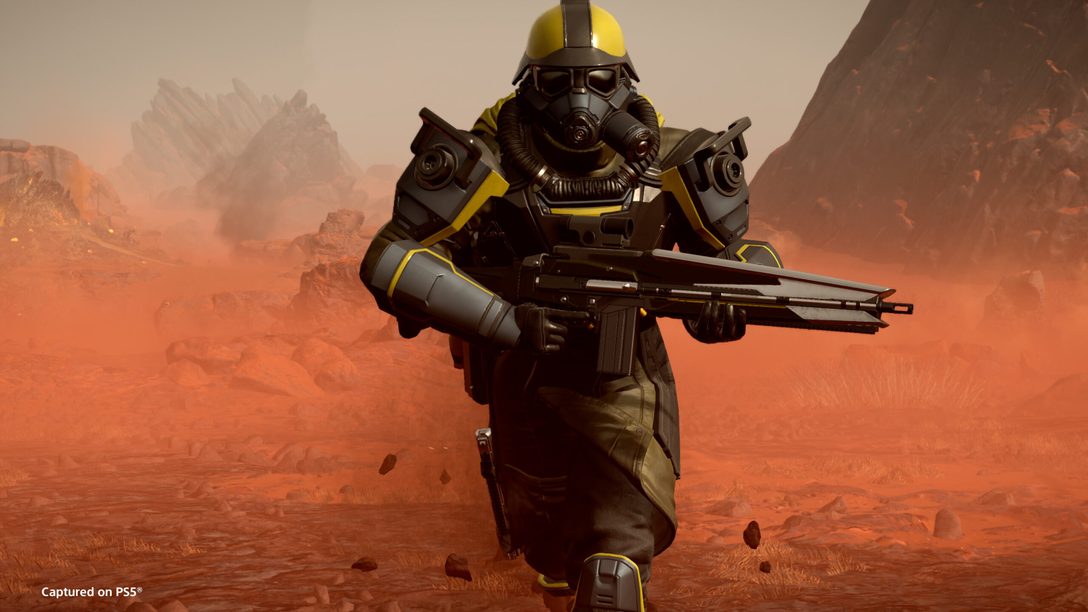



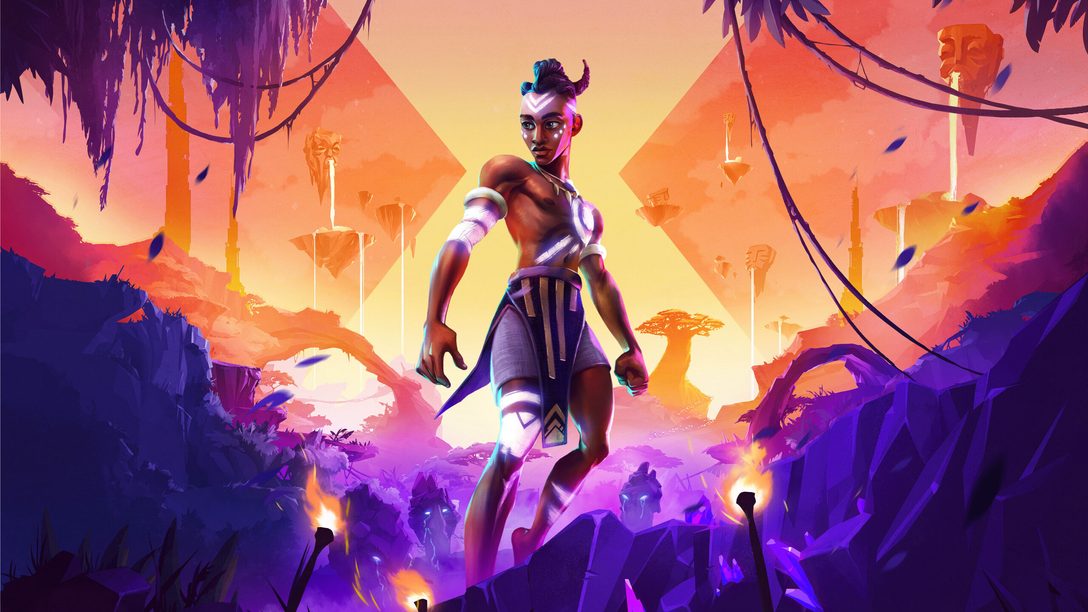
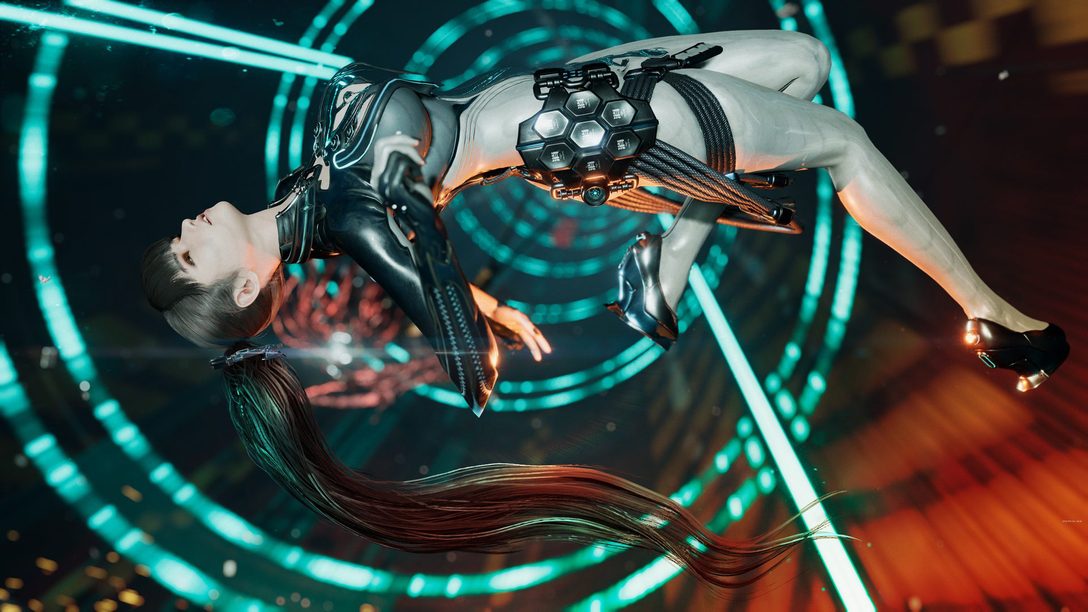
Comments are closed.
45 Comments
Loading More Comments